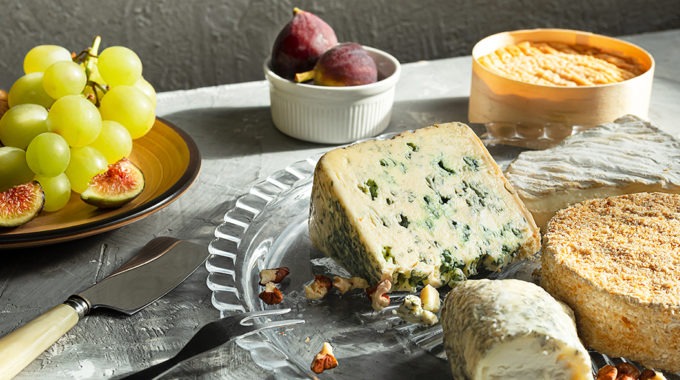Raw milk cheese: a taste of place
Raw milk cheesemaking is one of our oldest food traditions. We were eating it long before pasteurisation was invented in 1862. In the past 50-odd years, risk-averse food safety regulators and industrial food manufacturers have worked to undermine the production of raw milk cheese. But artisan cheesemakers and their supporters are fighting back, to preserve this tradition and bring Australian cheese lovers some genuine choice.
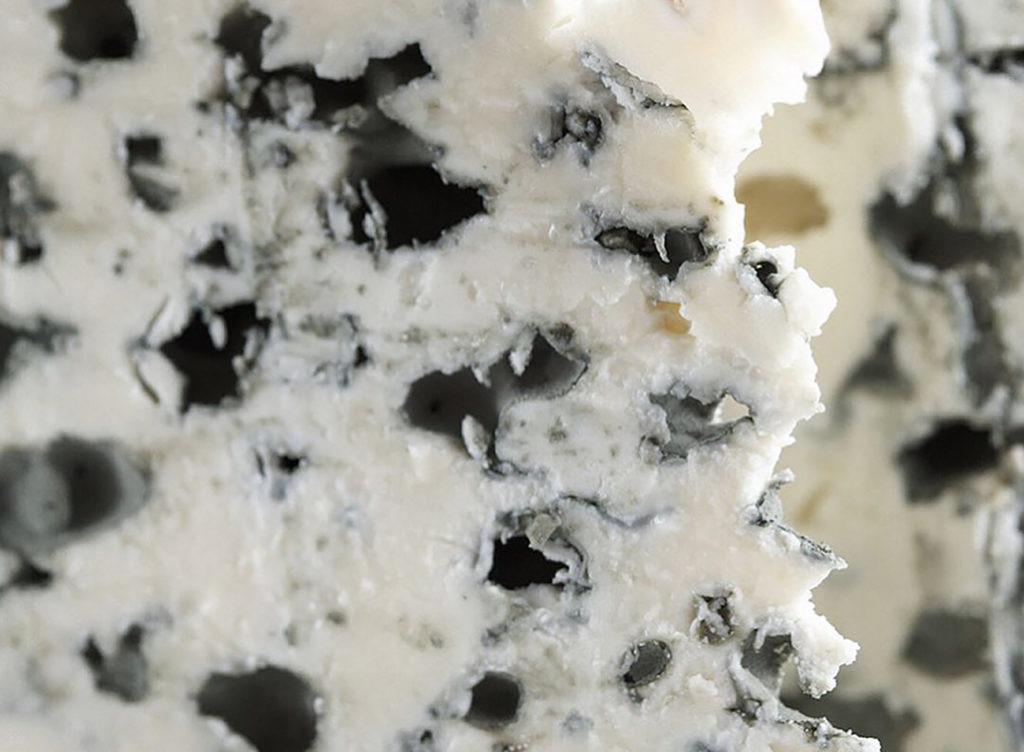
Why all the fuss about raw milk cheese?
When milk hasn’t been pasteurised, the hugely diverse range of microbes that naturally exist within milk remain. When unpasteurised milk is made into cheese in the hands of a skilled cheesemaker, these living elements deliver a kaleidoscope of flavours. Raw milk cheese also offers a sensory “snapshot” of the farm where the milk was produced at that time. What the animal was eating, the season, the soil, the entire farming system.
“It’s the skill of the cheesemaker,” says Alison Lansley, Secretary of the Australian Specialist Cheesemakers’ Association (ASCA). “Sometimes cheesemakers are called ‘microbe farmers’, because really, what they’re doing is working with the microbes in the milk to produce particular flavours and textures. That’s what cheesemaking is all about.”
But the complexity of flavours that raw milk cheese can bring pales in comparison to the convoluted regulations, exemptions and controversies surrounding raw milk cheese production in Australia. And it’s likely that no one knows this better than Will Studd.
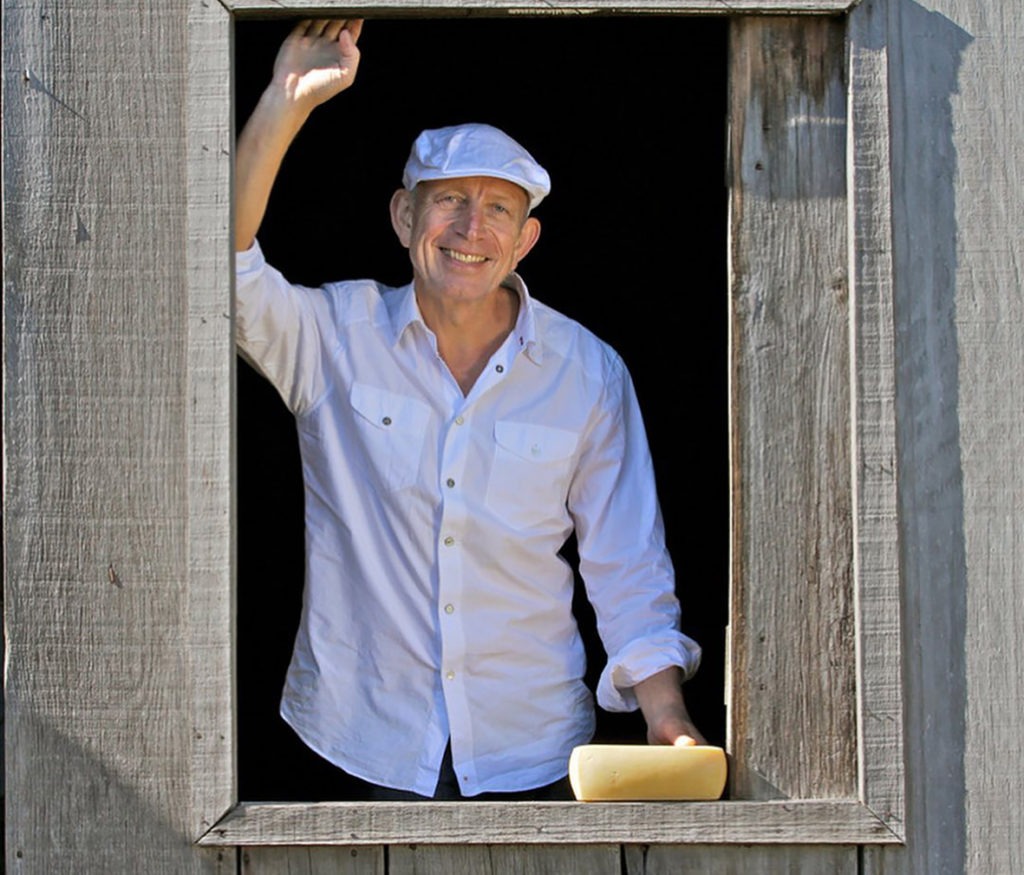
On the ban wagon
In 2002, Food Standards Australia New Zealand (FSANZ) introduced a ban on all raw milk cheeses in Australia. Horrified by the implications of such a ban on the Australian artisan cheese industry, Studd and a group of friends formed ASCA to fight back.
While authorities claimed that the ban on raw milk cheese was all about food safety, Studd believes there were ulterior motives at play. And it had nothing to do with health.
“The authorities and industrial cheesemakers are working hard to undermine centuries-old ways of making cheese,” he says. “And they hide behind this facade of food safety.
“I’m not saying that raw milk cheese doesn’t have its challenges, but so does pasteurised cheese. Cheese as a food is safe. It’s a hell of a lot safer than chicken or salmon.”
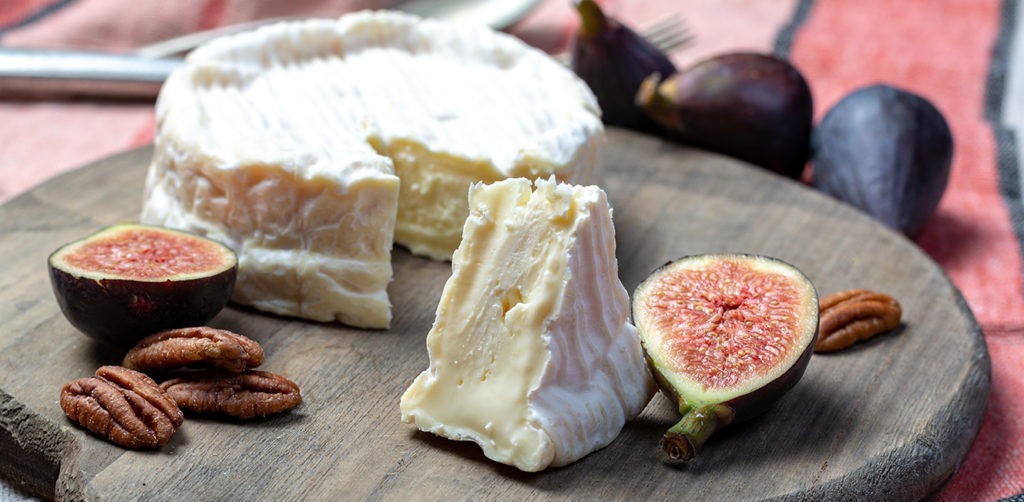
The plot thickens
In the 1990s, at the Uruguay Round trade negotiations, the Europeans announced that they would register geographical indicator (GI) names usable only by those regions. For instance, only Greece can use the word “feta” in Europe, and there’s only one Parmigiano Reggiano.
“When they announced it, Australia and the US form formed an alliance and lodged an appeal to World Trade Organisation [WTO] in 1998,” Studd says. “And they followed it with threats to ban all raw milk cheese. Which we did, while the US watched on.”
The first cracks in this blanket ban occurred when the Swiss threatened to take Australia to the WTO. Australia responded by creating a special exemption in the code for Swiss cheese.
“Then the Italians got all excited,” Studd says. “So they created a second exemption for hard-cooked Parmigiano-style cheeses. And then I came along with the Roquefort case.”
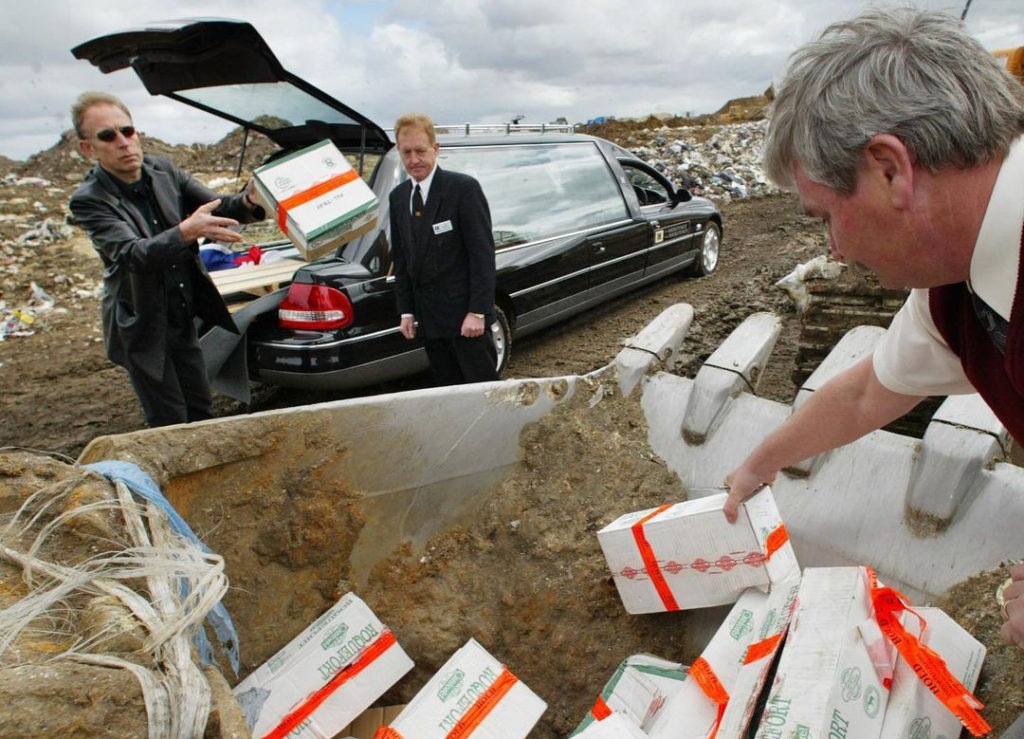
The Roquefort rebellion
Most cheese lovers would be familiar with Studd’s Roquefort rebellion. But in case you’re not, here’s a quick rundown: Studd imported a shipment of Roquefort in 2002. It was seized by customs, who ordered the shipment to be returned or destroyed. Studd launched an appeal. After two years, a court of appeal ruled that the Roquefort violated Australian food standards. In response, Studd arranged a faux funeral. The cheese was carried to the tip in a hearse draped with the French flag, and buried to the sounds of “Le Marseilles”.
Understandably, the French were not impressed. Negotiations between France and Australia followed, and we created yet another exemption, allowing Roquefort to be sold in Australia.
“The ban has got nothing to do with health,” Studd says. “It’s all about trade. The rest of the world makes raw milk cheese. America makes raw milk cheese; the Europeans make it. Is our milk so dirty in Australia that we can’t make raw milk cheese?
“There’s no reason why we can’t make it, other than this blind obsession by the authorities who peddle this nonsense about food safety. When really, it’s about GIs and trade.”
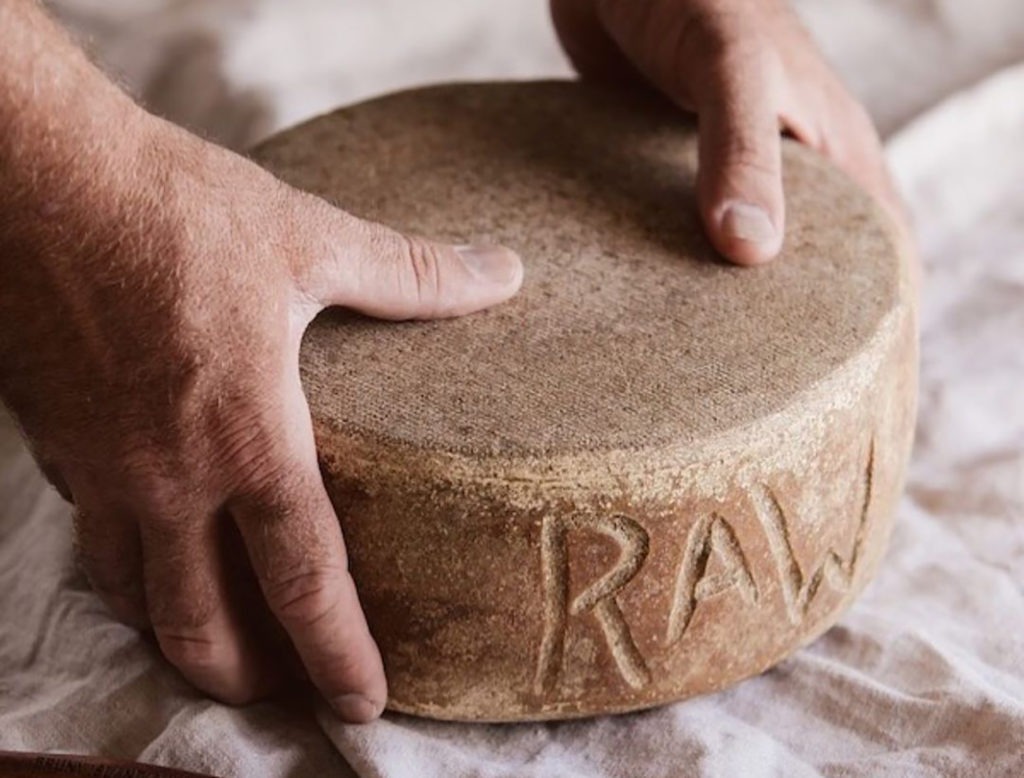
Now we’re cooking
In 2012, FSANZ ruled that cooked curd raw milk cheeses (hard cheeses like Parmigiano or Gruyere) were permitted to be made in Australia. This allowed Nick Haddow of Bruny Island Cheese to produce C2 – Australia’s first raw milk cheese.
“From a food safety viewpoint, it’s far less likely there’d be a problem with pathogens in milk when you’re making a cooked curd cheese,” Lansley says. “They’d be eliminated, either in the cooking or in the ageing process. So the authorities are less concerned about this.”
In 2014/2015, a separate category was introduced, allowing for the production of uncooked curd cheese. The ruling leaves it up to each state food authority to approve producers.
“Uncooked curd cheese is what the authorities think of as ‘real’ raw milk cheese” Lansley says. “They think of cooked curd as being equivalent to pasteurising the milk.”
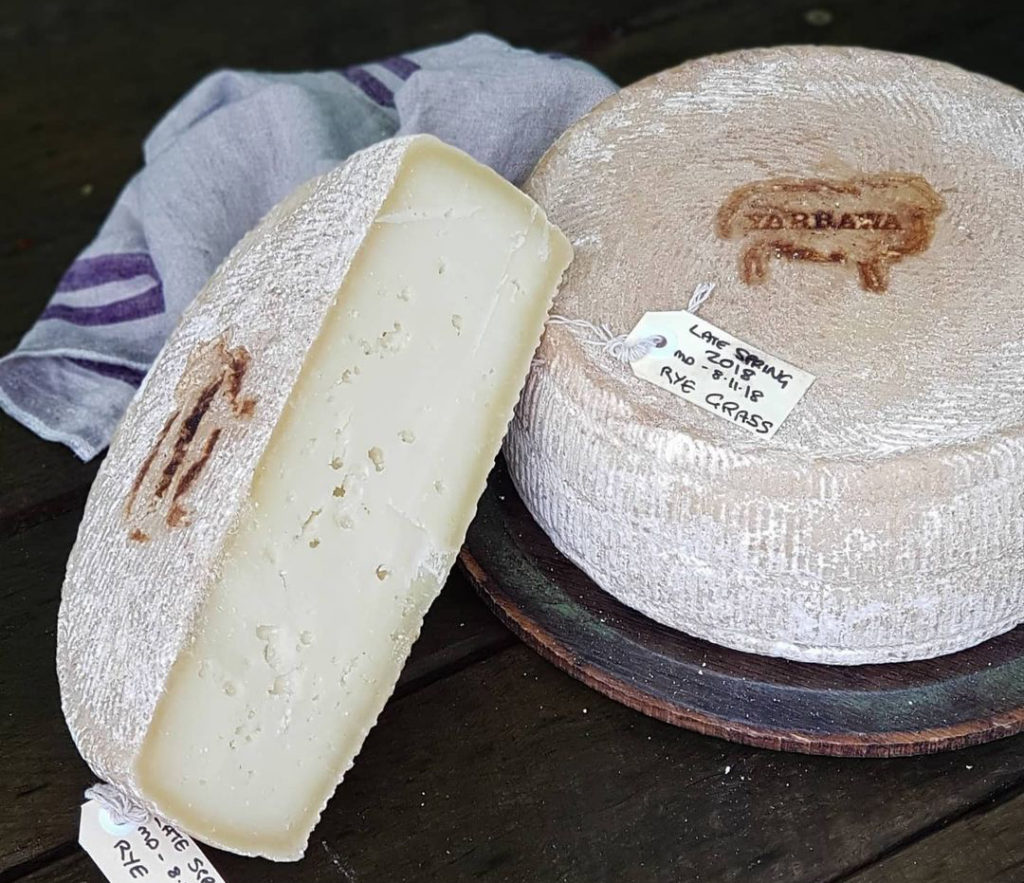
In the raw
Pecora Dairy in NSW and Prom Country in Victoria are the only two cheesemakers in Australia currently permitted to produce uncooked raw milk cheeses. To get there, many hoops had to be jumped through. There are also many rules to follow.
“For Burke and Bronwyn Brandon at Prom Country, it also took at least two years for them to get authorised by Dairy Food Safety Victoria,” Lansley says. “Which is just ridiculous.”
Producing raw milk cheese is not only time-consuming; it’s expensive. Every batch of cheese must be sent off for testing, which costs around $400 a pop.
“This is just because of the nervousness of the authorities,” Lansley says. “Even though those two cheesemakers know exactly what they’re doing.”
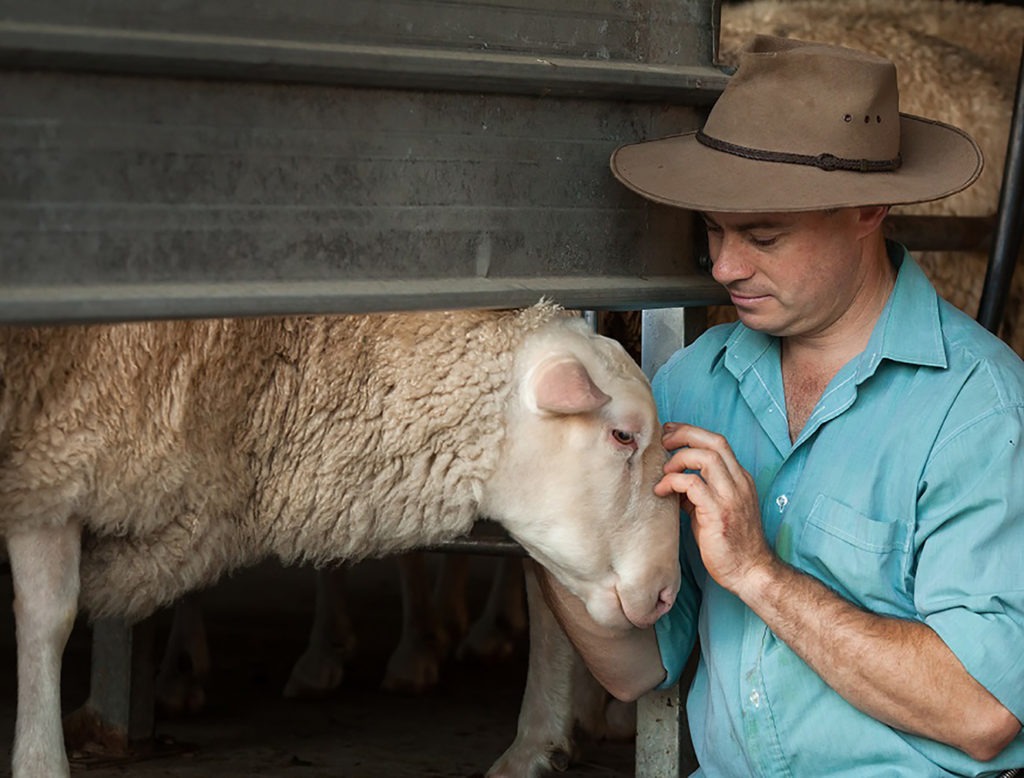
A matter of choice
At the heart of the raw milk cheese debate is the future of our artisan cheesemaking industry, and the importance of supporting quality over quantity.
“Artisan cheese offers an alternative to the industrialisation of food,” Studd says. “It offers farmers a way to value-add what they do. When you sell milk at a commodity price, there’s no incentive to look after your animals or have rare breeds. It’s a numbers game. And that raises issues with animal welfare and environmental destruction. It’s not sustainable.
“The future of the artisan cheese industry hangs in the balance over whether we can make cheeses with a real point of difference. Cheese that has character, flavour, aroma and a distinct taste of place. Where do we, as consumers, want to see our food come from in 30 years? Do we want it to come from a large feedlot, where there are 20,000 cows munching on whatever the farmer wants to throw them? Or do we want a choice?”
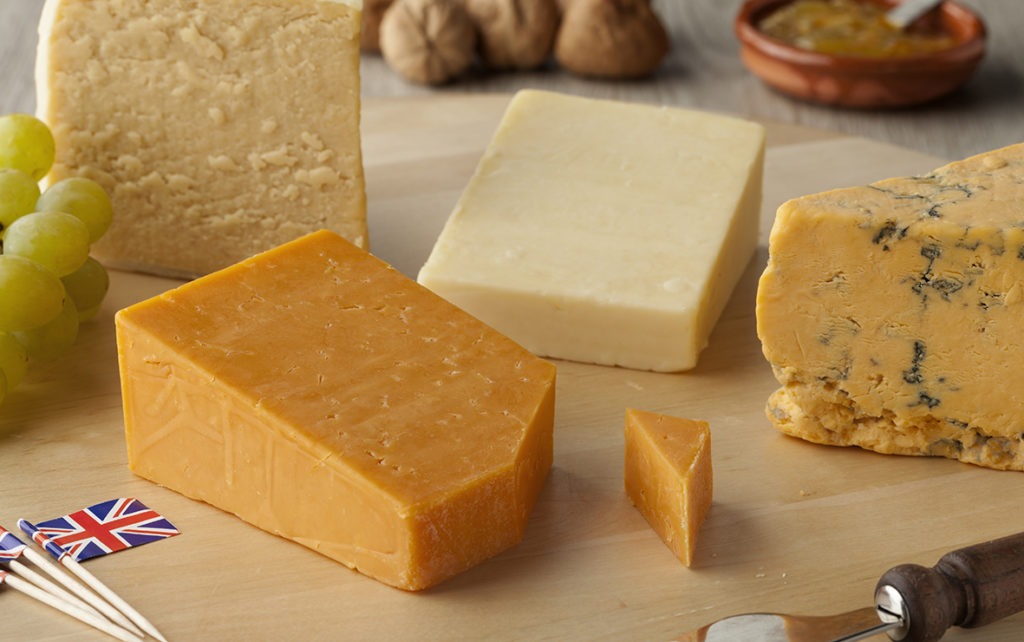
More change afoot
Further changes to raw milk cheese laws – and more opportunities to challenge them – could soon be on the cards following Australia’s free trade agreement with the UK. Studd says that raw milk cheese made in the UK will be a high priority in FTA negotiations.
This means that it’s likely Australia will roll over on those raw milk cheeses and allow them to be imported. Meanwhile, our local producers won’t be able to make similar cheeses.
“If we’re going to open the gates to international raw milk cheeses, our local cheesemakers should have the same rights,” Studd says. “Artisan cheese is important. Not just because it tastes great, but because of its implications for the way we farm.
“So where do we want to be? It’s about choice. I would like consumers to have a choice. And I would like our cheesemakers to have a choice about what they make.”
Australian raw milk cheese is produced by Bruny Island Cheese (Tas), Section28 (SA), Pecora Dairy (NSW) and Prom Country Cheese (Vic).


